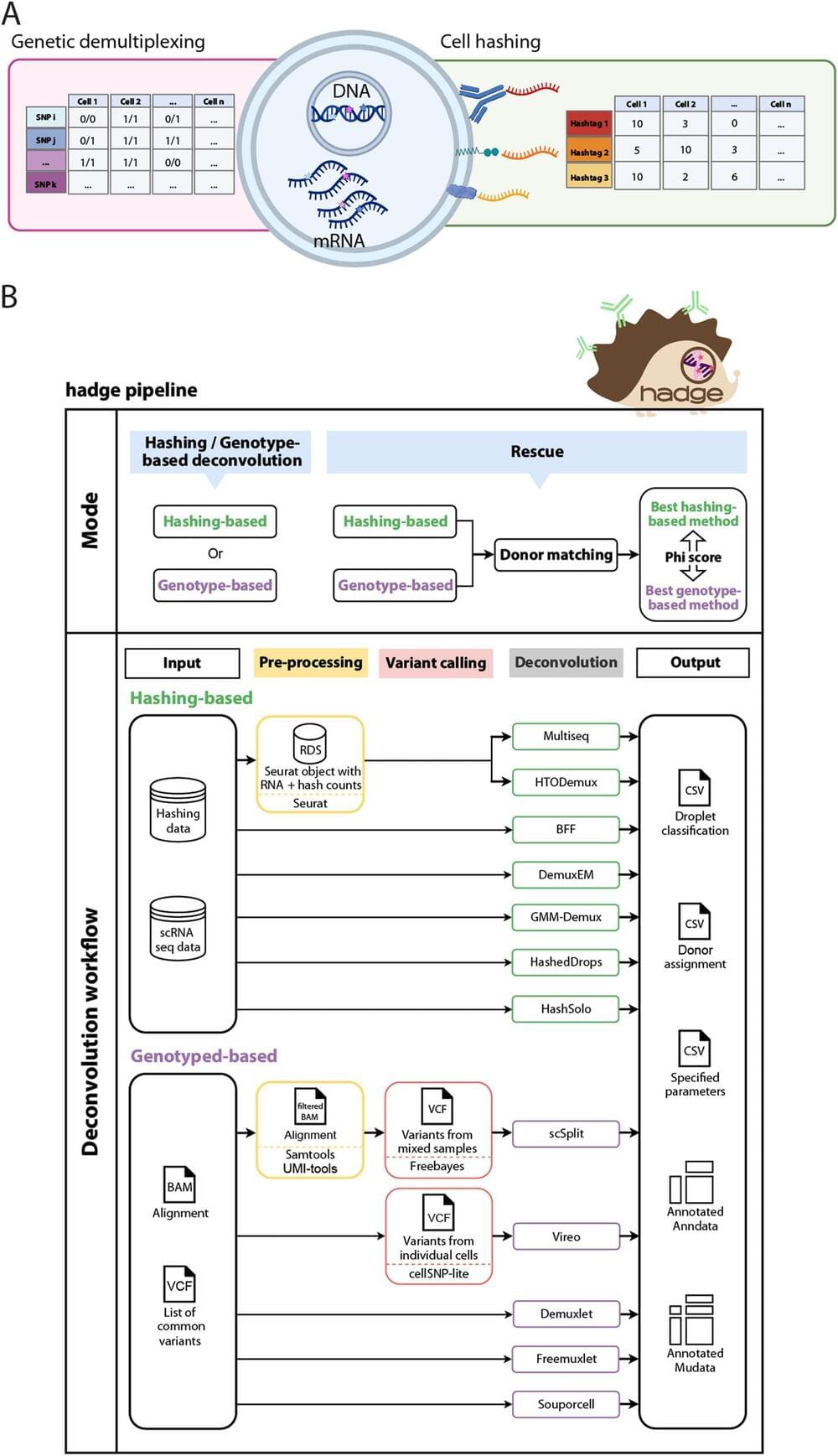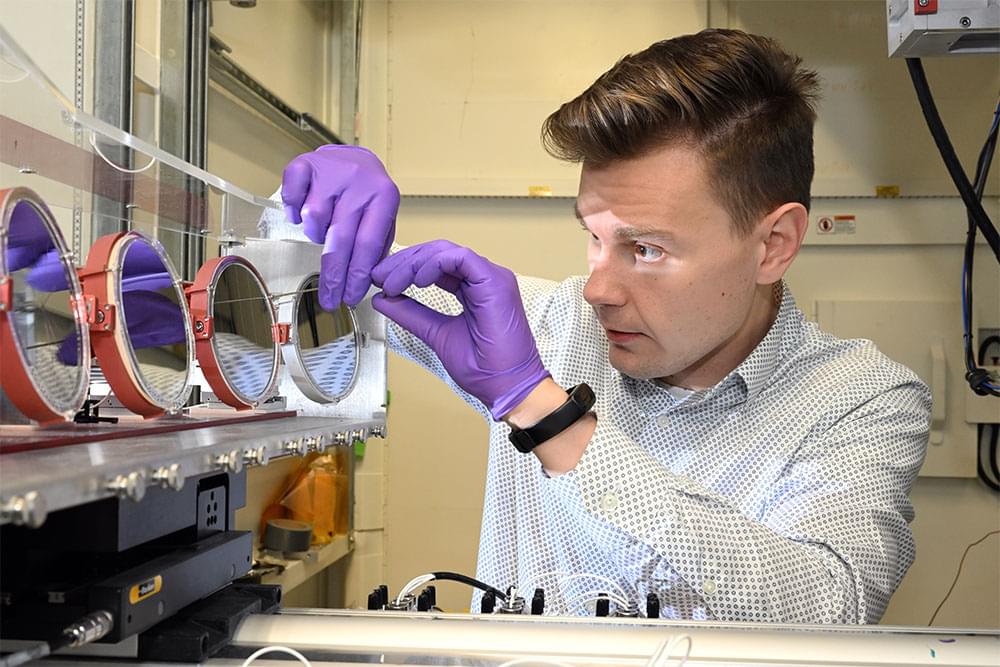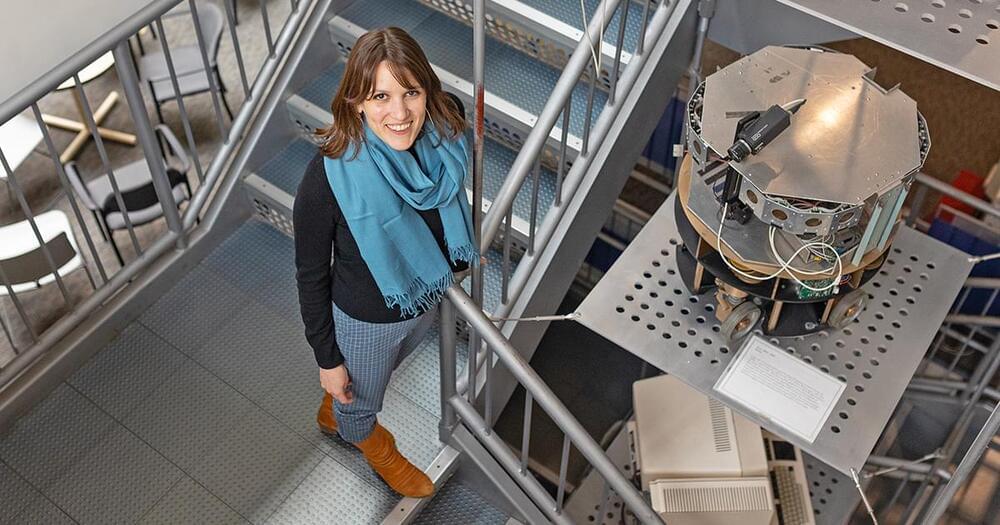Apr 27, 2024
Biologists Construct Groundbreaking Tree of Life Using 1.8 Billion Letters of Genetic Code
Posted by Paul Battista in categories: climatology, genetics, sustainability
A recent study published in the journal Nature by an international team of 279 scientists, including three biologists from the University of Michigan, provides the latest insights into the flowering plant tree of life.
Using 1.8 billion letters of genetic code from more than 9,500 species covering almost 8,000 known flowering plant genera (ca. 60%), this achievement sheds new light on the evolutionary history of flowering plants and their rise to ecological dominance on Earth.
Led by scientists at the Royal Botanic Gardens, Kew, the research team believes the data will aid future attempts to identify new species, refine plant classification, uncover new medicinal compounds, and conserve plants in the face of climate change and biodiversity loss.


















